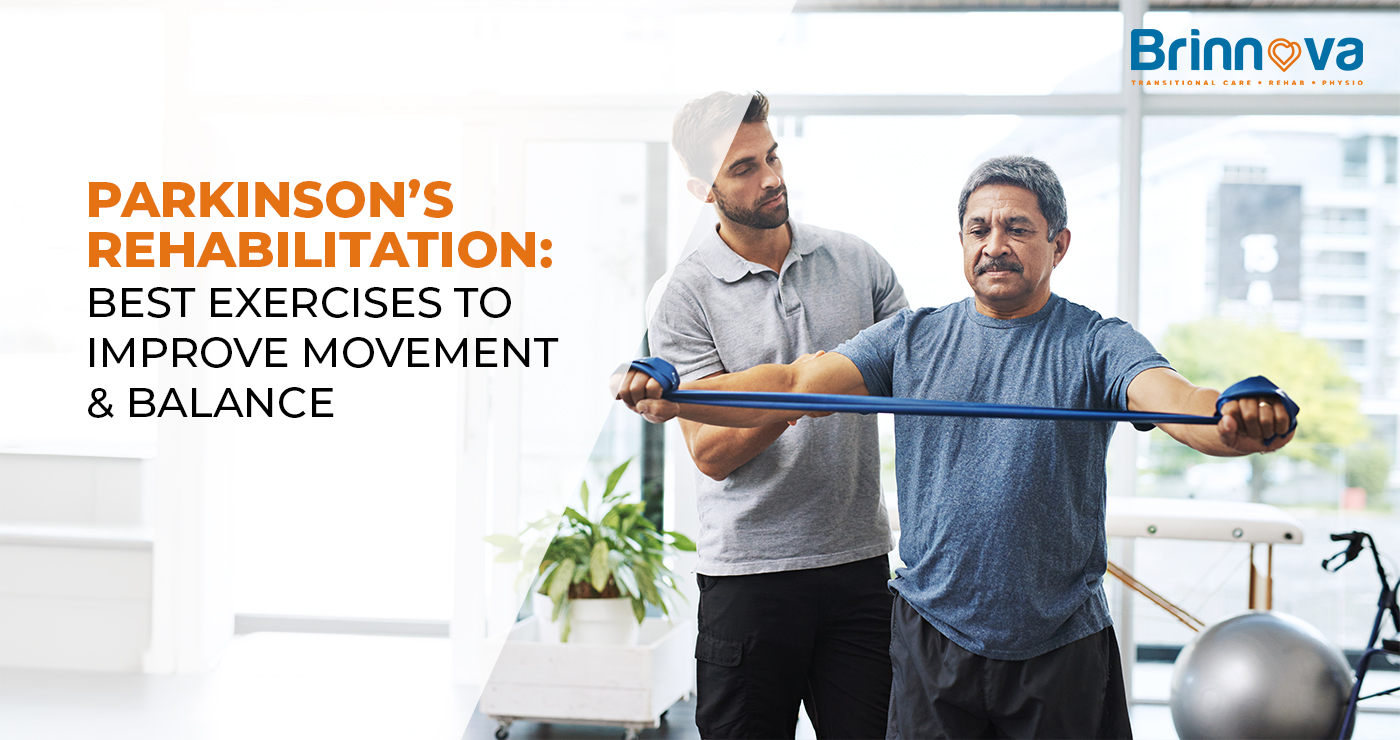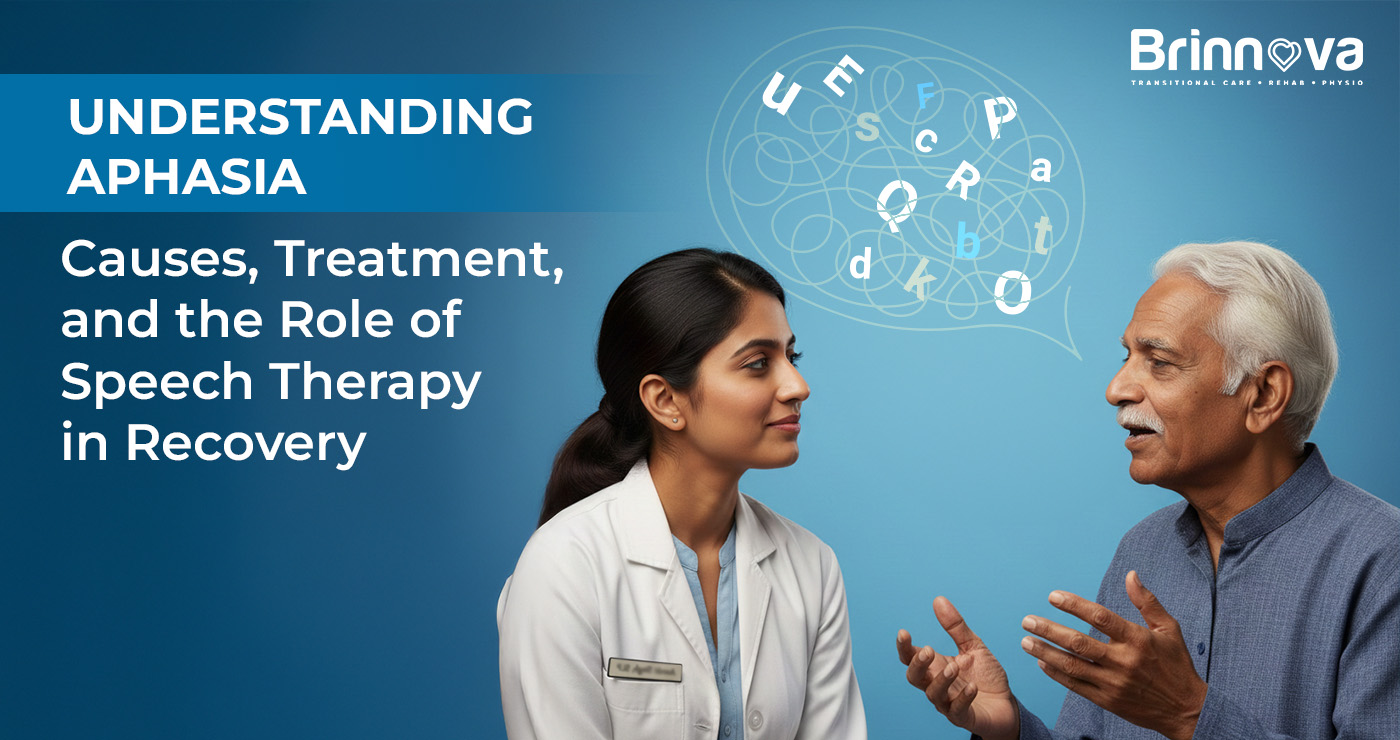Rebounding with Resilience: A Comprehensive Guide for Rehabilitation After Surgery
Surgery represents a pivotal event in anyone’s life, but the real test often begins once the procedure is over. Recovery can be challenging, and progress may feel slow if the patient is not regaining strength or mobility as quickly as expected. Rehabilitation after surgery is therefore a critical aspect of comprehensive care—one that demands a strategic approach and dedicated commitment. By focusing on selecting the best rehabilitation center in Hyderabad, individuals can benefit from expert guidance that not only aids physical restoration but also promotes overall well-being.
Rehabilitation programs blend clinical knowledge, practical experience, and empathy to create an environment that fosters trust. This personalised care ensures that patients are not merely “treated,” but genuinely supported in reacquiring their independence. Physical therapy, for instance, is an integral component that tackles muscle weakness, helps restore a healthy range of motion, and addresses postural imbalances. Such targeted approaches are designed to facilitate a return to daily activities while reducing discomfort.
Understanding Rehabilitation After Surgery
From a medical perspective, postoperative care typically unfolds in stages:
- Acute Phase: Immediately following surgery, patients often remain under close monitoring to ensure healing is on track. Medical teams address any acute symptoms or complications, aiming to stabilise the patient before progressing to more active forms of therapy.
- Sub-Acute Phase: During this period, the individual starts to rebuild stamina, focusing on gentle movements and gradually increasing physical activity levels. Emotional reassurance plays a key role here, as the patient may experience a mixture of relief, anxiety, and anticipation.
- Rehabilitation Period: This is the core stage, characterised by targeted exercises and professional supervision to restore strength, range of motion, and overall functionality. Specialists—ranging from physiotherapists to mental health counsellors—work collaboratively, ensuring each aspect of the individual’s well-being is addressed.
Assessing Your Physical Limitations After Surgery
Hence, it means that after specific surgery one must determine his/her physical capabilities with precision. This should best be done before any form of exercise or physical activity. There is a time for celebration, and there is a time for realism to know what your body can and cannot do. These should, however, be administered by a physician or physical therapist who will advise on what kinds of activities are permissible for you and which are off-limits. This assessment should entail a test of the range of movement, muscle strength, balance, and coordination. It should also contain an assessment of any physical changes for which the patient may have undergone surgery.
Stretching and Strengthening Exercises
To get the best rehab for post operative carex`, one needs to exercise. These exercises are meant to regain such strength, mobility, and range of motion as this surgery may have affected. They can also reduce the provision of pain and discomfort that may persist in the part of the body that underwent surgery. Flexibility exercises are meant to extend and lengthen muscles to enhance joint flexibility. It should be progressive and should, in no way, be painful or uncomfortable to the patient/subject. Exercises for augmenting muscle power and endurance are called strengthening exercises. These should be performed slowly and should not produce any pain or uncomfortable feeling at all.
Overcoming Mental Hurdles After Surgery
Life in a rehabilitation centre requires time and can be challenging, and that is why, at some point, they can be overwhelmed. As stated above, it is a process, and one should not be discouraged each time he or she faces a challenge or encounters difficulties. This is also a good time to take note that support is within reach in the form of group counselling and is among the available services. One should also try to think positively and deal with positive people, as they will not have any reason to give you a hard time.
Nutrition Tips for Recovery and Rehabilitation
Consumption of a good and balanced diet is an important aspect of the rehabilitation process. Regular sensible diets that also contain balanced nutrient elements can lead to healing and recovery from injury, as well as the reduction of inflammation and activities such as taking a balanced diet. One should seek advice from a nutritionist to know the appropriate diet to take. We also need to drink a lot of liquids, inclusive of water, and various types of foods like fruits, juices, and the like. Protein-rich foods like lean meat, fish, eggs, peas, and beans are known to have a great impact on promoting the growth of muscle mass and repair. Plant-based meals that engage most of the body parts, such as fruits and vegetables, contain fibre and also assist in controlling inflammation. The anti-inflammatory properties of foods like berries and green tea improve the state of the immune system.
Find a Support System
Another fact related to rehabilitation is that a notable portion of success depends on the support system. This may include relatives, friends, groups of people, or even social media groups created to help such patients. To relax and eliminate stress as well as anxiety, one feels motivated to continue, and that is through having a supporting system. It can also encourage and teach good values when a little morale boost is needed. The other aspect of assistance is making sure this help in terms of counselling is coming from people who have a clue as to what you are going through. It is also good to get a support team who understands your situation and can give you the right information and resources that you need.
The Role of Physical Therapy
Physical therapy is also acknowledged to have a useful function to perform in the rehabilitation process. Some functional abilities may have been affected during the surgery; hence, physical therapy aids in regaining physical strength. Physical therapists can also contribute to attending to any physical and/or emotional hardships that could arise from the surgery. Physical therapists are taught how to rate a patient’s physical status and to develop an individualised treatment plan of activities and movements that may facilitate a patient’s healing.
When to Seek Professional Help
If you have any discomfort or pain while going through the rehabilitation process, it is advisable to consult a doctor. Getting any help from a professionally qualified person is also important if one feels like giving up or being discouraged. Professional help needs to be accessed if you are struggling to follow the rehabilitation program recommended or if you do not feel that you are improving. Assist can be a doctor, a physical therapist, another person, a psychologist, or even a shrink.
Brinnova: Best Rehabilitation Center in Hyderabad
At Brinnova, we understand that rehabilitation after surgery can feel challenging. Yet, it is one of the most important steps you can take toward reclaiming your health and well-being. Our comprehensive, holistic program is designed to guide you through each phase of recovery—helping you emerge from the process stronger, more confident, and ready to embrace a healthier future. Before beginning any exercises or activities, it is crucial to understand your physical limits. We encourage all our clients to seek the advice of a physician or physical therapist before beginning any exercises to ensure safe and optimal results.




